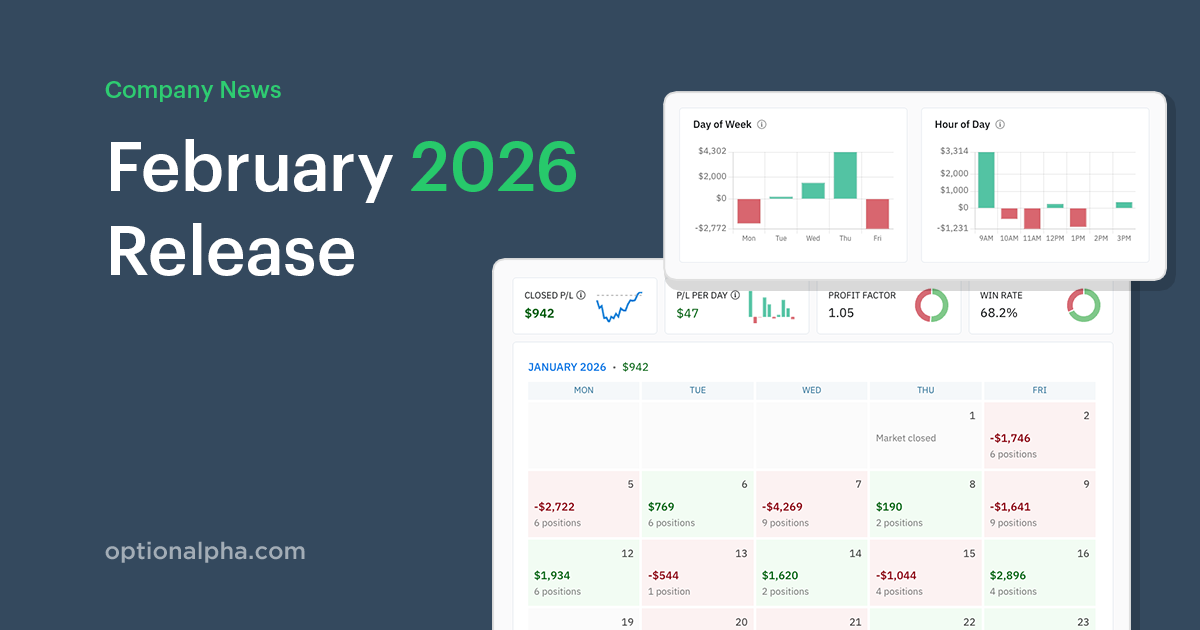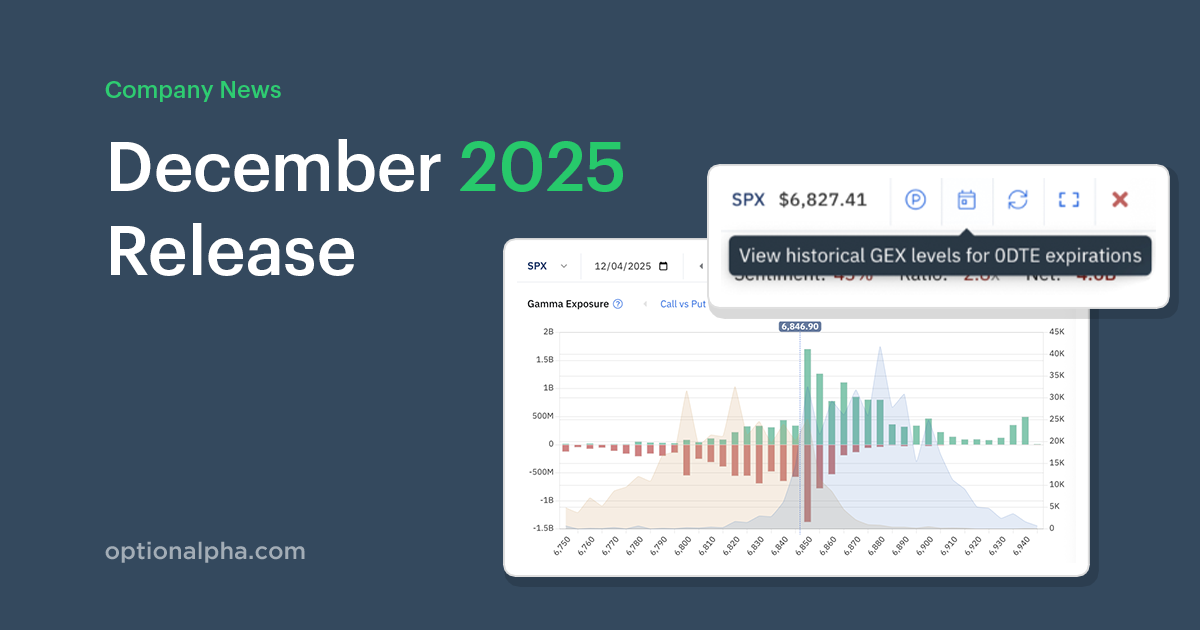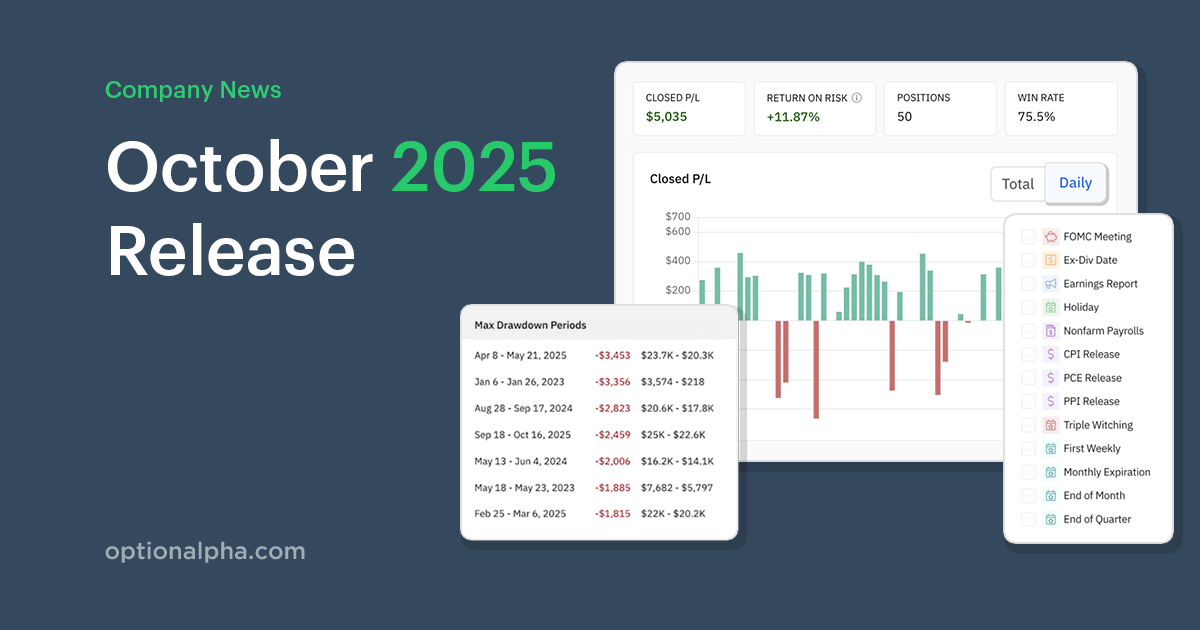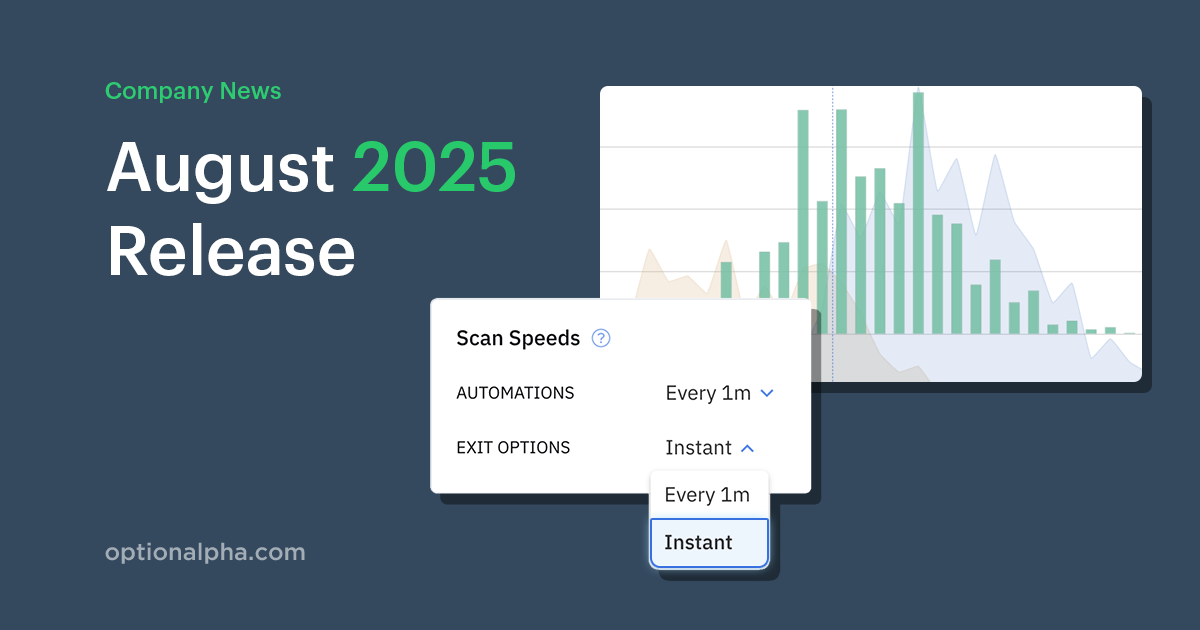Everyone has the best of intentions when entering this business, right? We all want to make a ton of money with as little risk as possible – who doesn't.
Where some traders fall short is that they fail to recognize that there are predictable the repetitive stages. The markets do not exclusively depend on company or industry specific data and earnings. If it did, then stocks would trade exactly at their value and there would be no movement at all.
Uncertainty Creates Subjective/Emotional Traders

Instead, every stock has a component of “Future Value” which is completely and 100% subjective. What will the value of the cash flows of the company be in the future?
We can always calculate the value of a company today – that’s easy. It’s trying to determine what the company “might” be worth in the future that creates movement in the markets! As such, investor’s feelings and emotions drive this variable.
Master Emotions and You’ll Master the Market
To me this is the never-ending quest as a professional trader. I want to learn to control my emotions at the same time that I learn how to recognize the herd mentality. Continuing to tweak and perfect my trading system is a weekly process, but well worth the effort.
Understanding that traders have specific emotions which have varying magnitude, is critical to learning how either you or another investor might behave. Thankfully there is a cyclic process of psychology that explains the relationship between our feelings and our judgments.
The knowledge of this cycle can help you tremendously in your own trading.
The 14 Stages Of Trading Psychology
The chart below is a visual representation of the 14 stages that I’ll cover below. This would be a great visual to print out and put in your office or desk to remind you to ask yourself: “Where am I right now?”

- OPTIMISM – It all starts with a hunch or a positive outlook leading us to buy a stock.
- EXCITEMENT – Things start moving our way and we get giddy inside. We start to anticipate and hope that a possible success story is in the making.
- THRILL – The market continues to be favorable and we just can't help but start to feel a little "smart." At this point we have complete confidence in our trading system.
- EUPHORIA – This marks the point of maximum financial risk but also maximum financial gain. Our investments turn into quick and easy profits, so we begin to ignore the basic concept of risk. We now start trading anything that we can get our hands on to make a buck.
- ANXIETY – Oh no, it's turning around! The markets start to show their first signs of taking your "hard earned" gains back. But having never seen this happen, we still remain ultra greedy and think the long-term trend is higher.
- DENIAL – The markets don't turn as quickly as we had hoped. There must be something wrong we think to ourselves. Our "long-term" view now shortens to a near-term hope of an improvement.
- FEAR – Reality sets in that we are not as smart as we once thought. Instead of being confident in our trading we become confused. At this point we should get out with a small profit and move on but we don't for some stupid reason.
- DESPERATION – All gains have been lost at this point. We had our chance to profit and missed it. Not knowing how to act, we attempt to do anything that will bring our positions back into the black.
- PANIC – The most emotional period by far. We are clueless and helpless. At this stage we feel like we are at the mercy of the market and have absolutely no control.
- CAPITULATION – We have reached our breaking point and sell our positions at any price. So long as we can get out of the market to avoid bigger losses we are content.
- DESPONDENCY – After exiting the markets we do not want to buy stocks ever again. The markets are not for us and should be avoided like the plague. However, this rare point marks the point of maximum financial opportunity.
- DEPRESSION – We drink, cry and/or pray. How could we have been so dumb we think to ourselves. Some start to correctly look back and analyze what went wrong. Real traders are born here, learning from past mistakes.
- HOPE – We can still do this! Eventually we come to the realization that the market actually does have cycles (shocking). We begin to start analyzing new opportunities.
- RELIEF – The markets are turning positive again and we see our prior investment come back around. We regain our faith (although small) in our ability to invest our money. The cycle start all over again!





.png)








